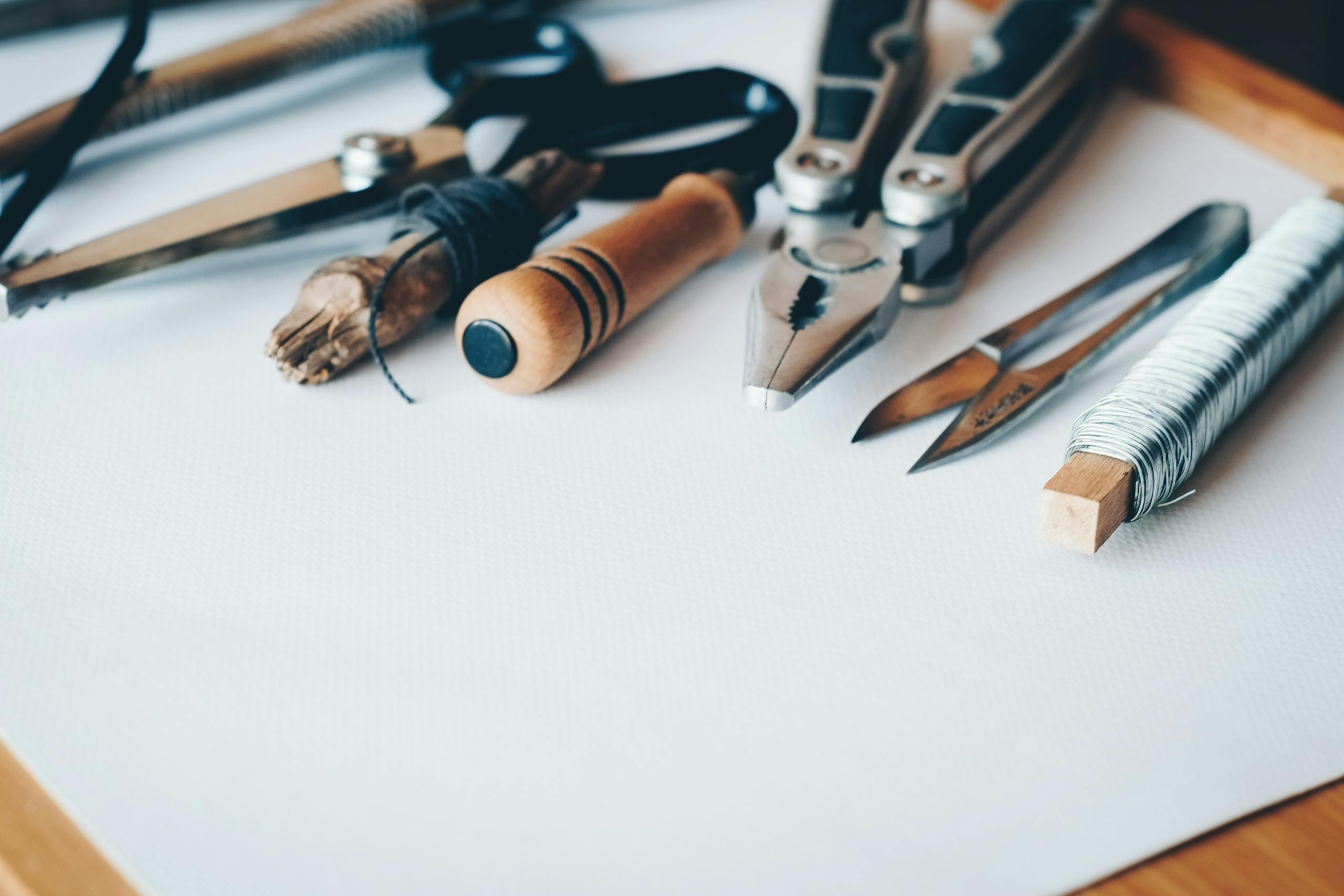Embrace the Frugal Mindset: Making Every Penny Count
There are some affiliate links below, but they are all products I highly recommend. For more info, view my disclosure here.
Are you tired of living paycheck to paycheck? Do you wish you could make your hard-earned money stretch further? If so, it’s time to adopt a frugal mindset and start making every penny count.
The benefits of living a frugal lifestyle are immense, from gaining financial freedom to reducing stress and enjoying a more fulfilling life. By assessing your spending habits and creating a budget, you can take control of your finances and make smarter choices with your money.
But being frugal doesn’t mean sacrificing everything you love; it’s about finding creative ways to save money without compromising on the things that truly matter. From prioritizing your expenses and maximizing your savings with coupons and discounts to investing for the future, this article will guide you on your journey towards financial stability and abundance.
So, buckle up and get ready to transform your relationship with money as you embrace the frugal mindset.
Understanding the Benefits of a Frugal Lifestyle
You might be surprised at how much money you can save by embracing a frugal lifestyle. When you adopt a frugal mindset, you prioritize making every penny count. This means being intentional with your spending and finding ways to save money in every aspect of your life.
One of the biggest benefits of a frugal lifestyle is the financial security it provides. By cutting unnecessary expenses and being mindful of your spending, you can build up your savings and create a safety net for unexpected emergencies. This financial security gives you peace of mind and reduces stress in your life.
Another benefit of living frugally is the freedom it brings. When you are not burdened by excessive debt or wasteful spending, you have more control over your life. You can choose to work less and spend more time with loved ones, pursue hobbies, or travel. Frugality allows you to prioritize experiences and relationships over material possessions.
Living frugally also helps you develop a healthier relationship with money. Instead of constantly chasing after the next big purchase, you learn to appreciate what you have and find joy in the simple things. You become more resourceful and creative in finding ways to meet your needs without overspending.
Embracing a frugal lifestyle can have numerous benefits. It provides financial security, freedom, and a healthier mindset towards money. So, why not start making every penny count today?
Assessing Your Spending Habits
Evaluate how you spend money to maximize your savings. Assessing your spending habits is an essential step towards adopting a frugal mindset. By understanding where your money goes, you can make informed decisions and identify areas where you can cut back.
Start by tracking your expenses for a month, categorizing them into fixed costs (rent, bills) and variable expenses (groceries, entertainment). This will give you a clear picture of where your money is being allocated.
Next, analyze your spending patterns. Are there any unnecessary expenses that you can eliminate or reduce? Look for opportunities to save, such as cooking at home instead of eating out or canceling unused subscriptions. Consider if there are cheaper alternatives for goods and services you regularly purchase.
Furthermore, evaluate your impulse buying habits. Are you prone to making impulsive purchases? Recognize triggers that lead to impulsive spending, such as sales or emotions, and find ways to overcome them. Practice mindful spending by questioning whether a purchase is truly necessary before making it.
Lastly, create a budget based on your assessment. Set realistic spending limits for each category and stick to them. Prioritize your savings goals and allocate a portion of your income towards them. Remember, every penny counts, so even small changes in your spending habits can add up to significant savings over time.
Creating a Budget and Sticking to It
Start taking control of your finances by creating a budget and committing to it. Budgeting is an essential tool to help you become more mindful of your spending and make every penny count.
Begin by determining your monthly income and fixed expenses, such as rent, utilities, and loan payments. Subtract these expenses from your income to see how much you have left for variable expenses like groceries, entertainment, and transportation.
Next, prioritize your spending by allocating a certain amount for each category. It’s crucial to be realistic and avoid overspending in any particular area. Consider using budgeting apps or spreadsheets to track your expenses and ensure you stay within your limits.
Stick to your budget by making conscious choices and avoiding impulse purchases. Before buying something, ask yourself if it’s a necessity or a want. Delaying gratification and focusing on your long-term financial goals will help you resist the temptation to splurge.
Remember that budgeting is an ongoing process that may require adjustments as your circumstances change. Regularly review your budget to identify areas where you can cut back or save more. Celebrate your progress and reward yourself when you meet your financial goals.
By creating and sticking to a budget, you’ll develop a frugal mindset that allows you to make thoughtful financial decisions and maximize the value of every penny you spend.
Finding Creative Ways to Save Money
Discovering innovative methods for saving cash can help you stretch your budget and make the most of your hard-earned money. Here are some creative ways to save money and keep more of it in your pocket.
First, consider buying second-hand items. Whether it’s clothes, furniture, or electronics, you can often find great deals at thrift stores, consignment shops, or online marketplaces. Not only will you save money, but you’ll also be reducing waste and giving new life to pre-loved items.
Another way to save money is by meal planning and cooking at home. Eating out can quickly add up, but preparing your meals at home allows you to control the ingredients and portion sizes, saving you money in the long run. Plus, it’s a great opportunity to try new recipes and improve your cooking skills.
When it comes to entertainment, think outside the box. Instead of going to the movies or a fancy restaurant, consider having a picnic in the park, hosting a game night with friends, or exploring free local attractions. These activities can be just as fun and memorable without breaking the bank.
Lastly, take advantage of loyalty programs and discounts. Many stores and brands offer rewards for frequent shoppers, so sign up for their loyalty programs and take advantage of the discounts and special offers. Additionally, always look for coupons and compare prices before making a purchase to ensure you’re getting the best deal.
By implementing these creative ways to save money, you can make a big difference in your budget and achieve your financial goals. Remember, every penny counts!
Prioritizing Your Expenses
To effectively manage your finances, it’s important to prioritize your expenses based on their significance and urgency.
By doing so, you can ensure that you allocate your limited resources to the things that matter most to you.
Start by listing all your expenses and categorizing them into different groups. Consider your basic needs, such as housing, food, and transportation, as the top priority. These are non-negotiable expenses that must be paid for on time to maintain a stable and comfortable life.
Next, identify your discretionary expenses, such as entertainment or eating out. While these expenses may bring joy and pleasure, they can be reduced or eliminated if necessary.
It’s essential to differentiate between wants and needs. Ask yourself if a particular expense is truly necessary or if it can be postponed or replaced with a cheaper alternative.
By making conscious choices and cutting back on non-essential expenses, you can free up money for more important goals, such as saving for emergencies or investing in your future.
Remember, prioritizing your expenses is a key step in adopting a frugal mindset and making every penny count.
Maximizing Your Savings with Coupons and Discounts
Save more money by taking advantage of coupons and discounts to maximize your savings and make your budget stretch further.
With a frugal mindset, you can find numerous ways to save on everyday purchases. Start by searching online for coupons before making any purchase. Many retailers offer digital coupons that can be easily applied at checkout.
You can also sign up for newsletters or loyalty programs to receive exclusive discounts and promotions. Another great way to save is by using cashback apps or websites that give you money back on your purchases. These apps often have partnerships with popular retailers, allowing you to earn cashback on items you were already planning to buy.
Don’t forget to check for discounts and coupons before eating out or going to the movies. Many restaurants and theaters offer special deals for certain days of the week or times of the day.
Lastly, consider buying in bulk or waiting for sales to stock up on essential items. By combining coupons and discounts with strategic shopping, you can make every penny count and save even more money.
Investing for the Future
Invest in your future by exploring different investment options and taking advantage of opportunities to grow your wealth. Investing is a key element in the frugal mindset, as it allows you to make your money work for you.
While saving money is important, investing can provide you with the potential for greater returns over time.
One option to consider is investing in stocks. By purchasing shares of a company, you become a partial owner and have the potential to earn money through dividends or by selling your shares at a higher value. It’s important to do your research and choose companies that align with your financial goals and risk tolerance.
Another option is investing in real estate. Buying property can be a long-term investment strategy that can generate income through rental payments or appreciation in value. Real estate investments can be a bit more hands-on, requiring maintenance and management, but they can also provide a steady stream of income.
Lastly, consider investing in yourself. Education and skill-building can lead to increased job opportunities and higher earning potential. Whether it’s taking courses to expand your knowledge or starting your own business, investing in yourself can have long-term benefits for your financial future.
Remember, investing is not without risk, and it’s important to diversify your portfolio and seek professional advice if needed. But by exploring different investment options, you can take steps towards securing a brighter financial future.






